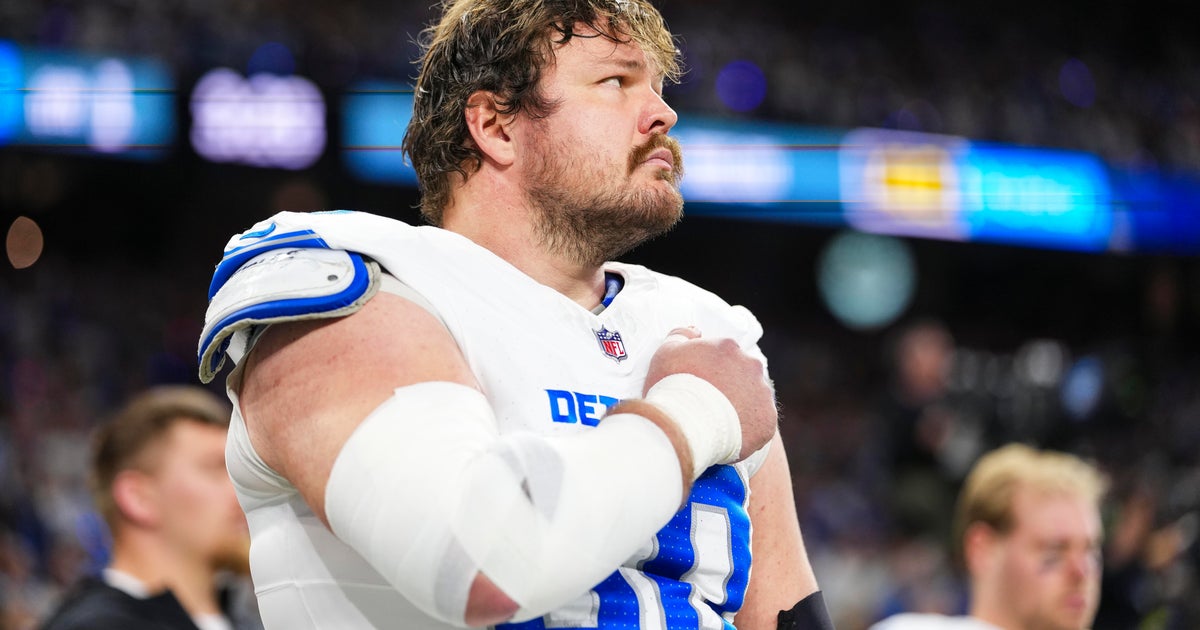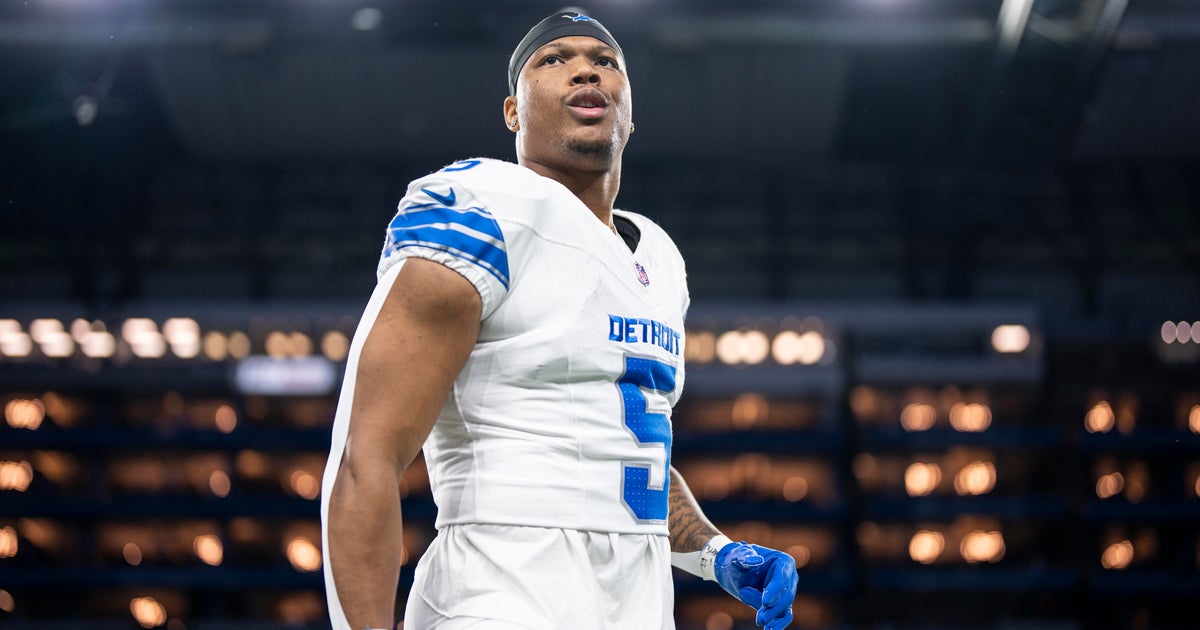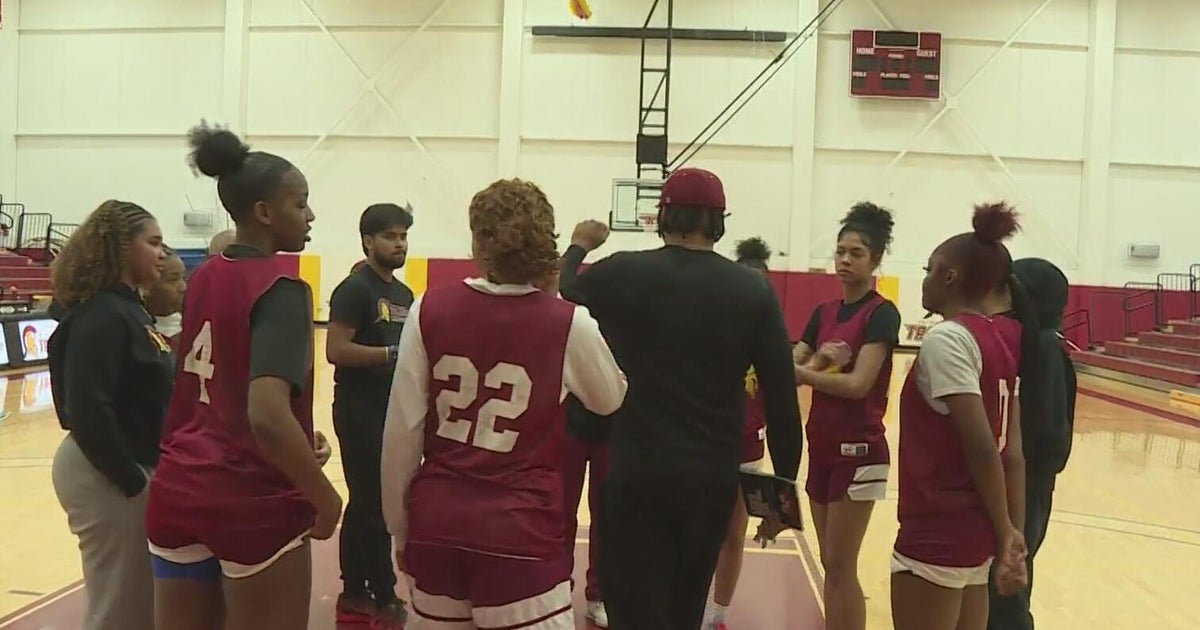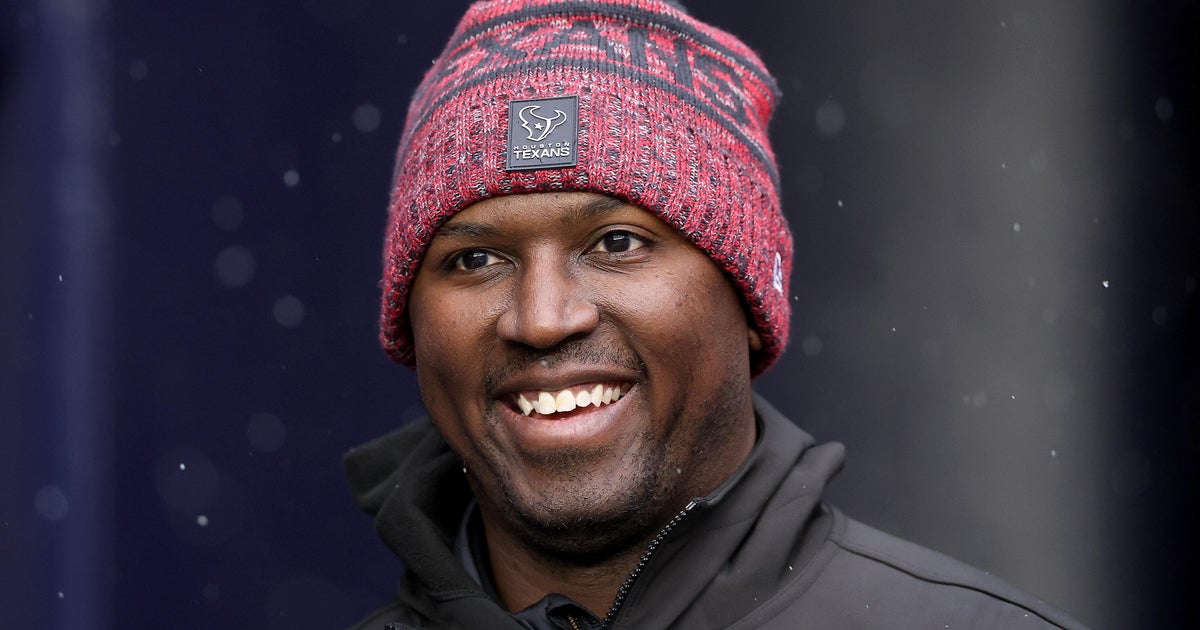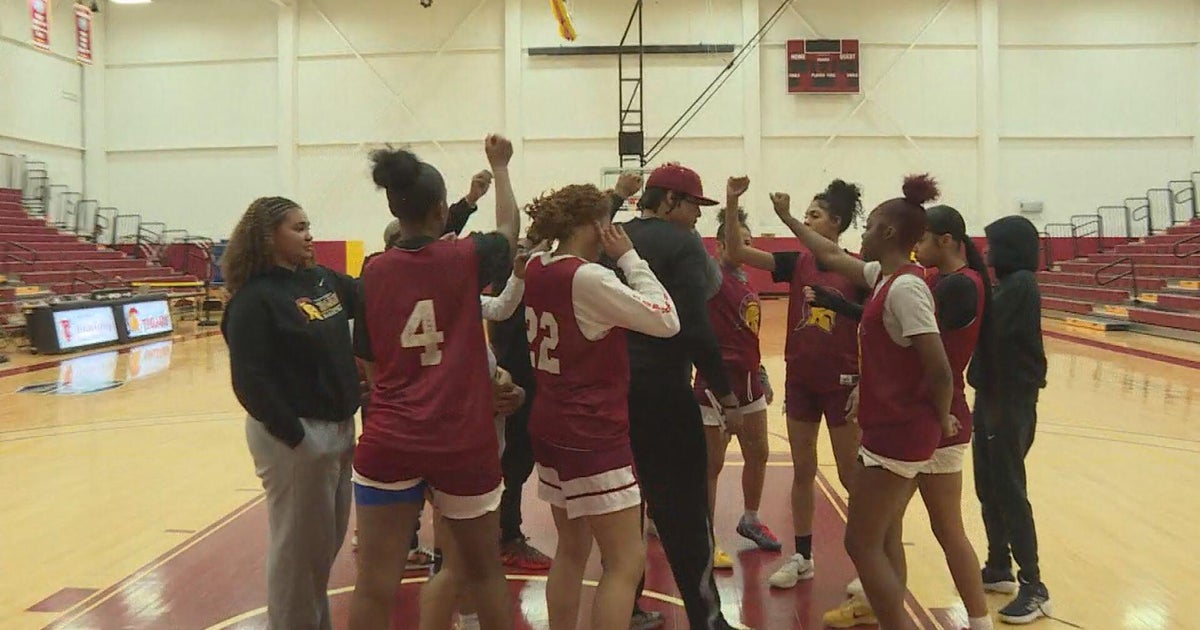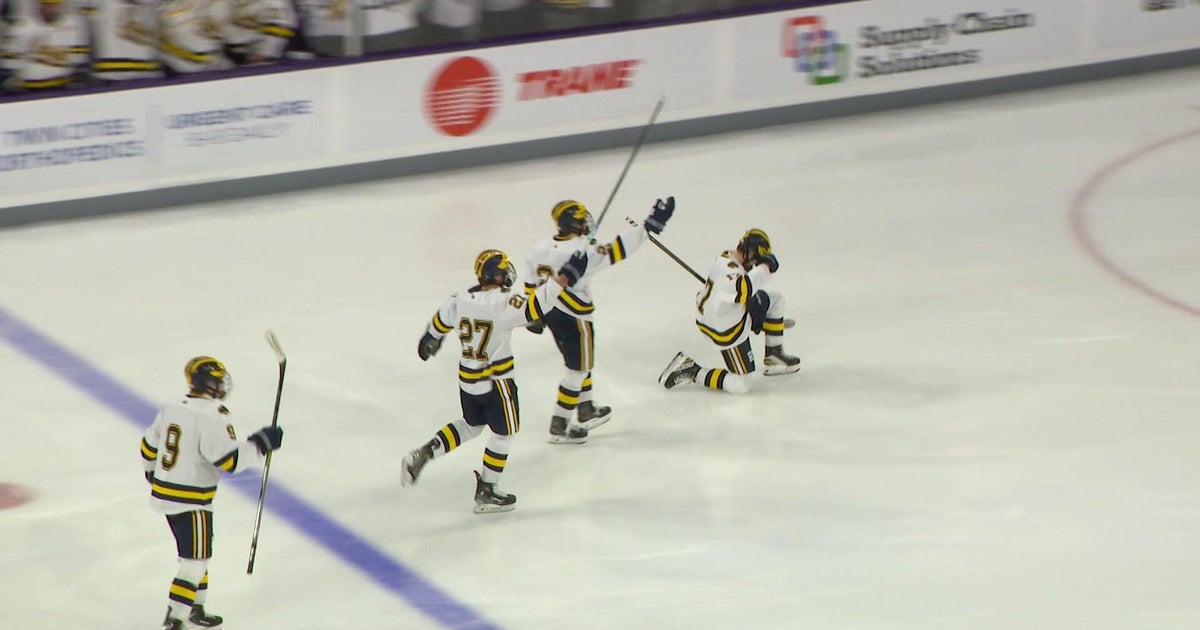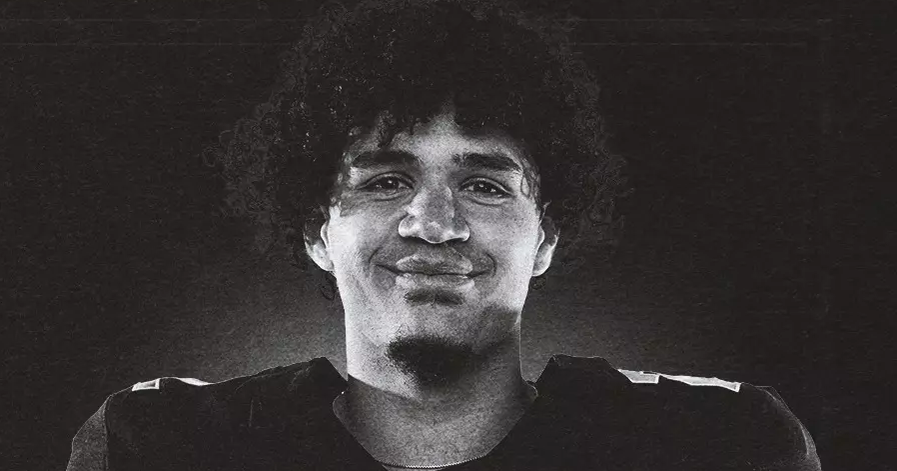Jim Schwartz Speaks On Bounties
BARRY WILNER,AP Pro Football Writer
PALM BEACH, Fla. (AP) — Bounties in the NFL are not a taboo subject for most NFL coaches.
Although a few shied away from commenting about the system for which the New Orleans Saints have been heavily punished by the league, most coaches found it important to discuss. Not only with the media at the owners meetings this week, but with their teams when they first gather in mid-April.
"The whole league will talk about it," Giants coach Tom Coughlin said Wednesday. "We'll use that as an incident that the commissioner wants the entire league to make sure it's discussed — to go forward using it as an example, to stress there is no place for that in our league."
Several coaches echoed Coughlin, with the hope they will need to bring it up only once to their players.
"It's definitely necessary to mention it," said Ron Rivera, whose Carolina Panthers play the Saints twice a year in the NFC South. "The precedent has been set by the commissioner and they need to understand that and it is not to be broached again. Going forward, we won't have to go over these things again."
Saints coach Sean Payton was suspended by Commissioner Roger Goodell for the 2012 season and twice has apologized for his role in the bounty program. His former defensive coordinator, Gregg Williams, is barred indefinitely for overseeing the program that targeted opponents for damaging hits. Williams was hired as defensive coordinator in St. Louis earlier this year.
Joe Vitt, Payton's assistant head coach, was suspended for six games, Saints general manager Mickey Loomis got eight games, and the team was fined $500,000. New Orleans also loses a second-round pick in each of the next two drafts.
Detroit Lions coach Jim Schwartz stressed how easy it is to cross the line from acceptable rewards to something sinister. Schwartz said past awards he's given out while working for the Tennessee Titans and the Lions — baseball bats, or a boxing glove for big hits — had league approval, because it didn't have any monetary significance.
"'It was part of the game-ball program. It wasn't part of anything else," Schwartz said. "A recognition system has been in effect for football since pee wee ball. We give out game balls. We give out trophies at the end of the season for all different things. A lot of colleges give out stickers on helmets; high schools give out stickers on helmets. There's a big difference between things like that and things like bounties.
"But you can stretch this thing about as far as you want. It was not unheard of for quarterbacks in the league to buy their linemen gifts, or running backs would if they ran for 1,000 yards, and that would all receive very good press.
"I think what this shows is how fine some of the lines are and how easy it is to go from something like that that's been around and has been part of football to something that should never be part of football and is not good for our game."
The NFL sent lead counsel Jeff Pash and security director Jeffrey Miller to New Orleans to speak with the Saints about the bounties one day before they hosted Detroit in a wild-card game in January. The league officials told owner Tom Benson to make sure not bounty system still was in place.
Was Schwartz aware of anything untoward by the Saints?
"Other than we got beat twice?" he said. "They were physical games but I don't recall them drawing any penalties. We were the only ones drawing penalties (in Week 13). I don't recall anything that the guys thought was extra."
___
AP Sports Writer Tim Reynolds contributed to this story.
(© Copyright 2011 The Associated Press. All Rights Reserved. This material may not be published, broadcast, rewritten or redistributed.)
